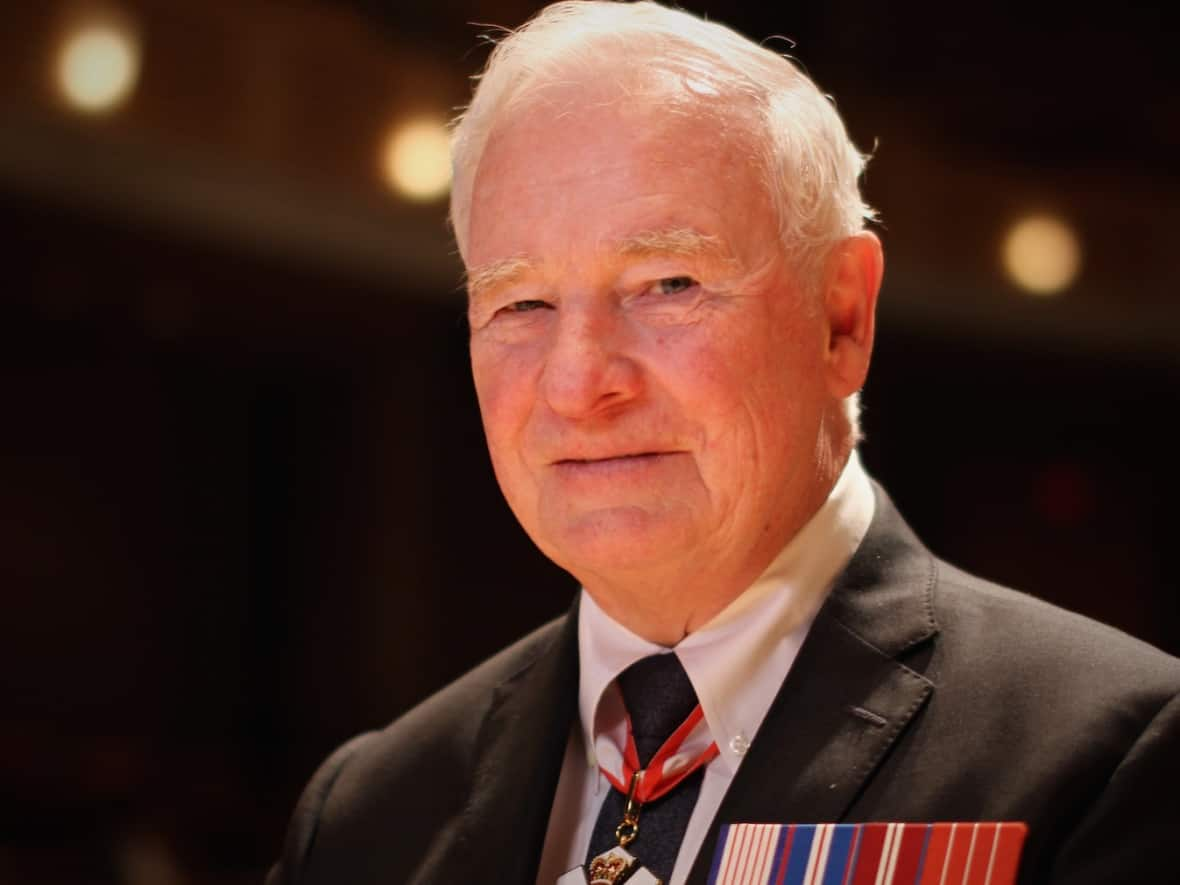David Johnston to reveal Tuesday if public inquiry on foreign interference is needed

On May 23 at noon David Johnston will reveal whether or not he thinks a public inquiry should be called to investigate Beijing's election interference and what the Liberal government knew about it.
Prime Minister Justin Trudeau appointed former governor general Johnston as the government's independent special rapporteur on foreign interference in March,
Johnston was tasked with assessing the extent and impact of foreign interference in Canada's elections; reviewing the government's information on, and in response to, foreign interference in the 2019 and 2021 elections; and considering improvements to how government agencies combat foreign inference.
The special rapporteur's terms of reference also required Johnston to report any other "related matters of importance" to the prime minister and then promptly share what he has found "with opposition leaders and Canadians."
If, after reviewing the evidence, Johnston decides that a formal public inquiry into foreign interference is required, it would be able to subpoena witnesses, hear evidence and request and examine documents.
Johnston was appointed special rapporteur after a series of news stories by Global News and the Globe and Mail alleged the Chinese government engaged in a range of interference operations in the 2019 and 2021 federal elections.
One of the stories alleged that Beijing took actions that it hoped would deliver a Liberal minority government in the 2021 election.
This is not Johnston's first time stepping into the role of adjudicator.
In 2007, Harper picked the then-law professor to draft the terms of reference for what would become the Oliphant Commission, which probed former prime minister Brian Mulroney's business dealings with German-Canadian businessman Karlheinz Schreiber.
Poilievre refused to meet with Johnston
Shortly after Johnston's appointment, the Conservative leader criticized Trudeau's choice of special rapporteur in the House of Commons, pointing to Johnston's relationship with the prime minister's family and accused Trudeau of using the appointment as a delaying tactic.
"Will [Trudeau] allow Canadians to get to the truth, and prevent this from happening again before the next election, with a full public inquiry now? Poilievre asked.
While the Prime Minister, NDP and Bloc Québécois leaders have all met with David Johnston, Poilievre's office declined a meeting.
In an initial conversation with CBC News, a Poilievre spokesperson said Johnston's team had only offered a 48 hour window to meet, which did not fit the Conservative leader's schedule. In a statement issued hours later, director of media relations Sebastian Skamski expressed that Poilievre's refusal to meet was not because of scheduling.
"Mr. Johnston is a ski buddy, cottage neighbour, and family friend of the prime minister," said Skamski, also describing the role of special rapporteur as "a fake job."
Watch: Poilievre says he 'chose not to meet' with special rapporteur:
In March Trudeau said Conservative attacks on Johnston show the party is more interested in creating chaos than tackling foreign election interference.
"David Johnston has served this country in many, many different ways through a long and unimpeachable career," Trudeau said in Guelph, Ont., of the man he appointed to investigate reports of foreign election interference.
"When we are looking to someone who will put the country first, and put the interest of Canadians at the core of everything he does, there is no better name than David Johnston."


